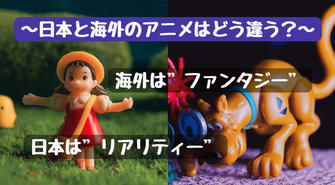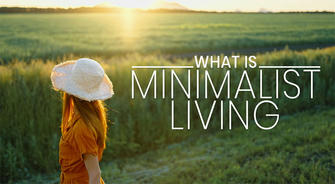The Power of Minimalism: Enhancing Life Through Simplicity
In recent years, minimalism as a lifestyle philosophy has been gaining popularity worldwide. It advocates reducing material burdens and focusing on what truly matters in life, thereby enhancing happiness and quality of life. While the specific practices of minimalism vary across different countries and cultural backgrounds, its core principles—simplifying life, reducing waste, and increasing inner satisfaction—resonate broadly. This article explores how minimalism improves modern living through real examples and authoritative data from various countries, and offers practical lifestyle advice.

The Global Rise of Minimalism and Its Scientific Basis
According to the 2022 report from the International Journal of Consumer Studies, over 45% of adults in Europe and North America have tried some form of minimalist lifestyle, especially in Nordic countries and Japan. A survey by the American Minimalism Association shows that:
Minimalists report 30% lower stress levels
Over 25% higher happiness compared to the general population
Minimalism benefits not only mental health but also environmental sustainability. Reducing consumption, extending the lifespan of belongings, and properly managing waste contribute to lowering carbon footprints. Data from the United Nations Environment Programme (2023) indicates that:
Reducing unnecessary household consumption can cut carbon emissions by over 15%.

Nordic Countries: “Simple but Not Basic”
In Nordic countries such as Sweden, Denmark, and Norway, minimalist living emphasizes functionality and aesthetic design. They favor “less but better” home styles, using natural materials with simple and comfortable color schemes.
According to the Norwegian Environmental Association:
Over 60% of households reuse secondhand furniture or recycle
This helps in saving resources and lowering expenses
Moreover, Nordic people value time management and lifestyle pace, rejecting meaningless busyness and emphasizing work-life balance. Denmark consistently ranks high in happiness indexes, closely linked to its minimalist lifestyle and efficient time use.
Japan’s Danshari Philosophy: Purifying from Matter to Mind
Originating in Japan, the concept of Danshari is a hallmark of minimalism. It focuses on:
Cutting off unnecessary items
Discarding clutter
Detaching from material attachments to achieve mental clarity
A study from the University of Tokyo found that individuals practicing Danshari exhibit:
20% lower anxiety and depression symptoms than average
Danshari extends beyond physical decluttering to social and spiritual realms. Many Japanese minimalists:
Reduce social engagements
Avoid complex relationships
Focus on self-growth and spiritual enrichment
Minimalism in the United States: Returning to Essentials and Digital Detox
In the US, minimalism appears in both physical space and digital life simplification. Research shows:
American adults spend over 7 hours daily on digital devices, much of it on aimless browsing
Minimalism encourages:
Digital detox
Limiting screen time
Reducing information overload
Minimalist communities also promote the capsule wardrobe concept:
Use a small collection of high-quality, mix-and-match clothing
Reduce wardrobe size, consumption, and clutter

Practical Tips: How to Practice Minimalism?
? Declutter possessions: Regularly sort and donate or recycle unused items to avoid hoarding
? Mindful consumption: Consider necessity before buying; prioritize durable, quality products
? Simplify digital life: Set daily device time limits and clean up unnecessary apps
? Focus on experiences: Shift attention from material goods to relationships, hobbies, and personal growth
? Optimize living space: Keep your home tidy and functionally organized to enhance comfort and efficiency

Conclusion
Minimalism is more than reducing possessions—it’s a shift in life attitude. By learning from global minimalism practices, everyone can find a simple lifestyle that suits them, reducing stress and enhancing happiness.
Scientific data fully supports that minimalism:
Benefits mental health
Positively contributes to environmental protection
As society accelerates and resource pressures grow, minimalism will become a key path toward a higher quality of life.


